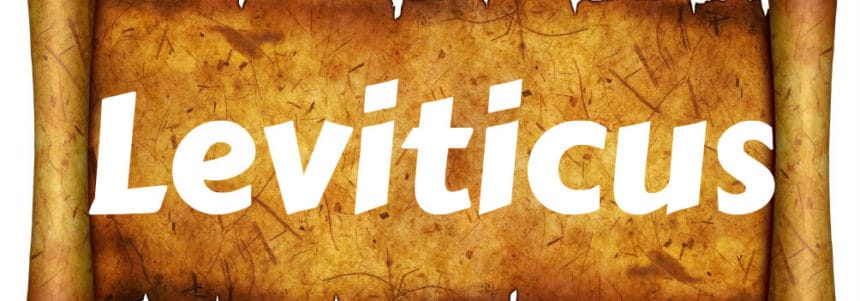Parashat Vayikra: Welcome Back to Leviticus

Just when you thought it was safe to go to Torah Study…..
It was time, once again, to read….
the Book of Leviticus…..
Coming soon, to a Holy Scrollers near you.
Shabbat shalom, friends. Welcome back to the Book of Leviticus. Some details about Leviticus to note:
- Leviticus is the shortest book of the Torah.
- The book was originally called Torah Kohanim, the Priestly Torah, at the beginning of the Christian era. In Hebrew, the book is known by it’s very first word, Vayikra. Greek translators called it Leuitikon, The Levitical Book, and it was the Latin that led to Leviticus. (Interestingly, the Levites are only mentioned specifically in Chapter 25:32-34)
- The book contains very little narrative. It can be viewed as two primary sections: The Priestly Code (Chapters 1-16) and The Holiness Code (Chapters 17-27). Others divide the book into three sections: The Consumption of Food (Chapters 1-11), Requirements of Purifications (Chapters 12-16), Requirements of Sanctification (17-27).
- Its placement as the middle book of the Five Books of Moses is not accidental – it is meant to be viewed as central to our live as Jews.
- Leviticus is typically the very first text taught to children in Cheder.
Our portion this week, also called Vayikra, contains Leviticus 1:1-5:26. The very first word is noteworthy: the final letter, aleph, is written smaller than the other letters, in every single Torah. There are many interpretations as to why – many link it to Moses’ intense modesty, or to the quiet voice of God, which we must focus on in order to be able to hear.
Then the text explores three basic types of offerings: Burnt offerings (olah), Meal offerings (mincha), and Well-being offerings (sh’lamim). Finally it explains two other types of offerings: Purgation offerings (chatat) and Reparation/Guilt offerings (asham).
It is challenging for us to find meaning in these long texts about sacrifices. It goes without saying that it is difficult to relate to these practices. However, there is much that can be inspiring in its words. How does it describe communication with God? What allows us to come closer to the Divine? What do we learn about sin and forgiveness?
The Haftarah for the week is Isaiah 43:21-44:23. By the time Isaiah has written these words, our ancestors were exiled in Babylonia, meaning that they were unable to offer sacrifices at the Temple. What were they to do? Isaiah sees the way that the Israelites feel abandoned by God, and instead urges them to bring them the offerings of their hearts. It must have been so confusing and heartbreaking for these exiled Jews to figure out how to help their religion survive such upheaval.
I look forward to studying these texts with you all!





